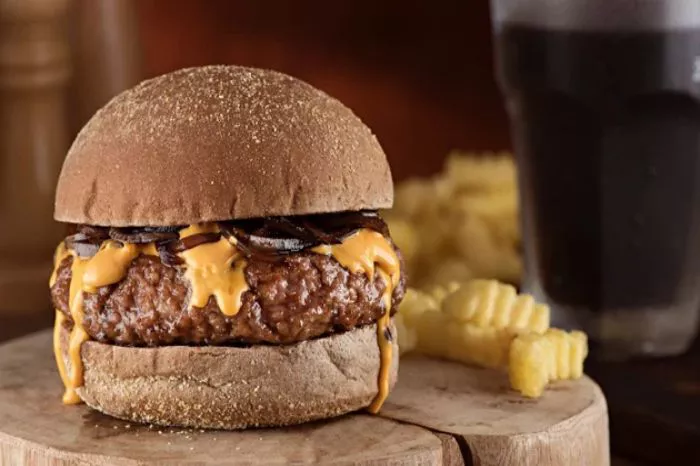The question of whether McDonald’s food is halal or haram (permissible or impermissible according to Islamic dietary laws) is one that is often raised by Muslims around the world due to the popularity and widespread presence of McDonald’s restaurants. The answer to this question can vary depending on the specific McDonald’s location and the region’s regulations regarding halal food. In this article, we will explore the complexities of McDonald’s halal status, the considerations involved, and how it impacts Muslim consumers.
Understanding Halal and Haram:
Halal refers to foods and practices that are permissible according to Islamic law, as outlined in the Quran and Hadith (teachings of Prophet Muhammad). Haram, on the other hand, refers to foods and practices that are prohibited for Muslims.
In the context of food, halal requirements include:
The absence of pork and its by-products
The use of halal-slaughtered meat (dhabiha) for animal-based products
Avoidance of alcohol and certain additives deemed impure
McDonald’s and Halal Certification:
McDonald’s operates in numerous countries with diverse cultural and religious demographics. As a result, McDonald’s has taken various approaches to address the needs of Muslim consumers in regions where halal food is required or preferred.
Halal-Certified Locations: In countries with significant Muslim populations or where halal certification is mandated by law, McDonald’s may offer halal-certified menu items. These locations adhere to specific halal standards, including sourcing meat from halal-certified suppliers and using separate preparation areas for halal food.
Non-Halal Locations: In regions where halal certification is not required or feasible, McDonald’s may not offer halal-certified menu items. This means that certain menu items, such as those containing pork or non-halal meat, may be served alongside other menu options.
McDonald’s Approach in Different Countries:
The approach to halal food at McDonald’s varies widely depending on the country and local regulations:
Middle East and Southeast Asia: McDonald’s restaurants in predominantly Muslim countries like Saudi Arabia, Malaysia, and Indonesia often have halal-certified menus to cater to local dietary preferences and regulations.
Western Countries: In countries with smaller Muslim populations or where halal certification is not required by law, McDonald’s may not offer halal-certified options. Muslim consumers in these regions must exercise caution and inquire about specific menu items.
Consumer Considerations:
For Muslim consumers, determining the halal status of McDonald’s food involves several considerations:
Halal Certification: Look for McDonald’s locations that display halal certification from recognized Islamic authorities or organizations.
Menu Transparency: McDonald’s may provide information about specific menu items and their ingredients to help consumers make informed choices.
Local Practices: Be aware that practices may vary by location, and what is considered halal in one country may differ from another.
Challenges and Controversies:
The issue of McDonald’s halal status can be complex and has led to controversies and debates within Muslim communities:
Transparency: Some consumers criticize McDonald’s for a lack of transparency regarding the sources and handling of halal food in certain locations.
Consumer Advocacy: Muslim consumer groups advocate for clearer labeling and more consistent practices to accommodate halal dietary needs.
Conclusion:
In summary, the halal status of McDonald’s food varies depending on the location and regional regulations. McDonald’s operates halal-certified restaurants in some countries to cater to Muslim consumers, while in other regions, the availability of halal options may be limited or nonexistent.
For Muslim consumers, it is important to inquire about the halal status of specific menu items and verify whether McDonald’s locations adhere to halal standards. Additionally, advocating for clearer labeling and transparent practices can contribute to better accommodating the dietary needs of Muslim consumers in the food industry.

